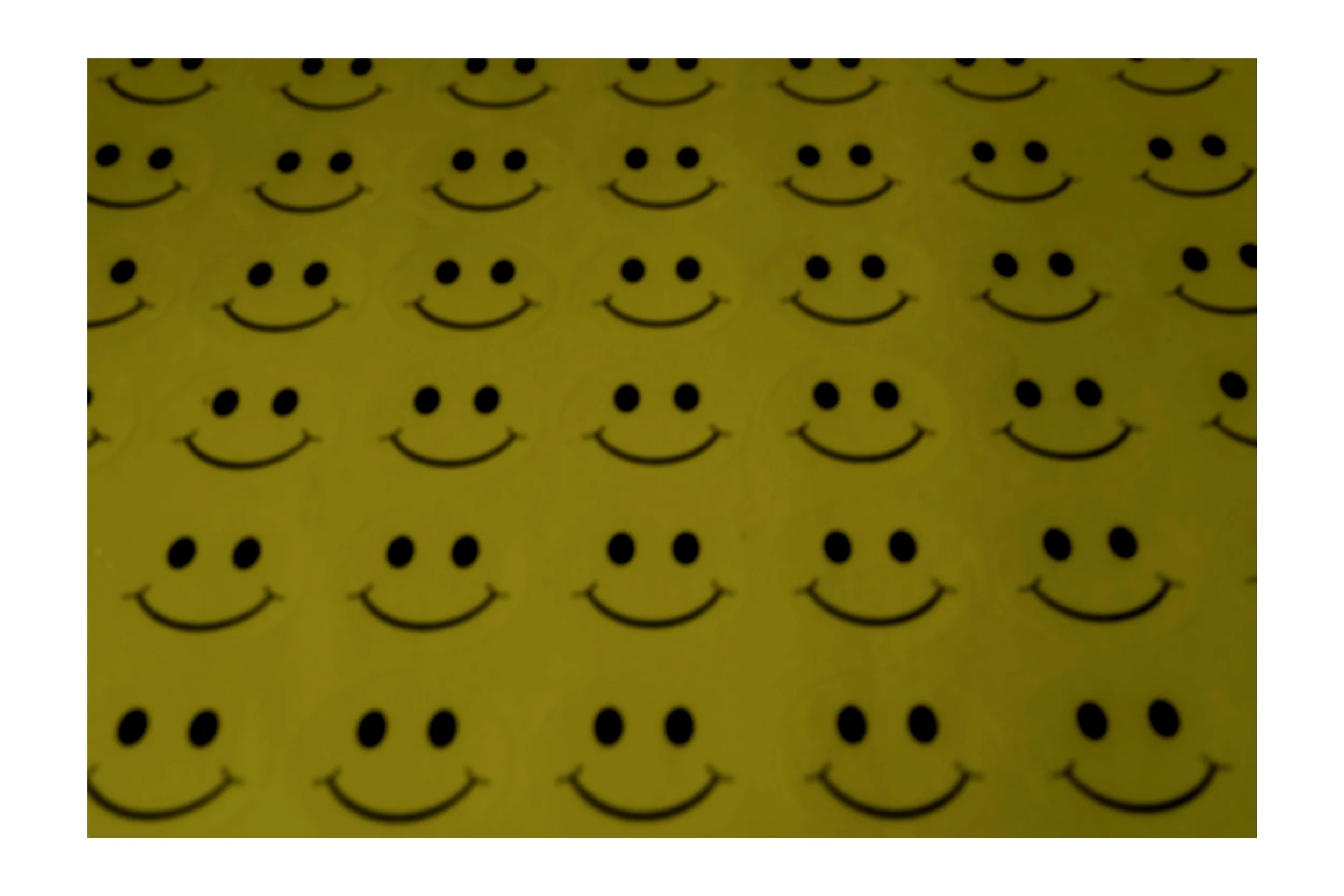
What is Narrative Therapy and How Can it Help Me?
Narrative therapy is a therapeutic approach that invites individuals to view their lives as stories rather than diagnoses and to become authors of their own narratives. It is based on the idea that people's lives are shaped by the stories they tell about themselves and their experiences.

What Does “Doing the Work” in Therapy Actually Mean?
What Does “Doing the Work” in Therapy Actually Mean?
By, Natalie Johnson, MHC-LP
Never before has therapy been more openly discussed than it is today. As mental health becomes a mainstream topic, so too has its language entered everyday conversation. One phrase you’ll hear often is: “doing the work.” But what does that actually mean?

An Antidote to Toxic Positivity
Everywhere we look, it seems like we are bombarded with platitudinous messages such as “good vibes only”, “just stay positive”, or “happiness is a choice.” If seeing another glib post saying “look on the bright side” or “everything happens for a reason” is making your eyes water and blood boil, know that your reaction is normal. One study showed that participants who were asked to suppress negative emotions regarding an upsetting event experienced more negative emotions compared to those who were not receiving any instructions to control their emotions (Dalgleish et al., 2009).

With or against? Know your story.
Regardless of what side you are on, what is happening between Israel and Hamas is universally disturbing and will continue to represent a frightening and threatening conflict that looms in our world today. Perhaps subtly striking about the previous sentence is the assumption that you must fall on one side or the other.

Therapy Story: "I feel so behind compared to other people."
It is common that people start therapy with the belief that they are behind in some area of life. It may be career, relationships, or even in understanding fundamental truths about their identity. So many of us believe that we should have accomplished more than we have at this point and judge ourselves based on others whom we perceive to be further along.

Therapy Story: “Sometimes it feels like I can never relax.”
Relaxation can assume incredibly different forms for each of us. And while we all crave moments to unwind or take our mind off of other pressing responsibilities, it can be challenging to explicitly define what relaxation looks like, even when those rare pockets of free time emerge in our schedules. And while the prescriptive bubble bath, easy chair, or warm cup of tea may pop into our heads when we have a few hours to spare, they don’t necessarily foster the tranquility and presence that can always rejuvenate us.

Therapy Story: "My problems are not as bad as other people’s problems.”
I often hear people say things like “I hate this job, but I have to remember, a lot of people don’t have a job,” (so I shouldn’t feel this way) or “There are a lot of people that have it a lot worse than me, so I should stop complaining.”
